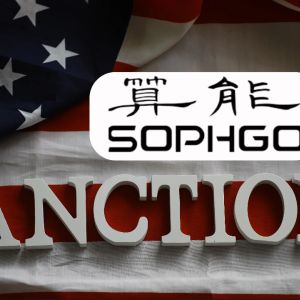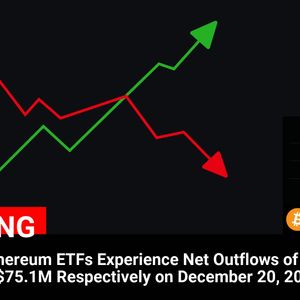The US government is preparing to blacklist Chinese company Sophgo over its role in an illegal chip scandal tied to Huawei, according to recent reports . Sophgo allegedly provided a key AI chip for Huawei’s Ascend 910B processor—one of the most advanced AI chips ever developed by a Chinese company. The chip was manufactured by Taiwan Semiconductor Manufacturing Company (TSMC) and sourced under questionable circumstances. Sophgo now faces the US Commerce Department’s Entity List, a trade blacklist used to punish companies acting against American national security or foreign policy interests. Once on the list, companies lose access to critical US technologies and products unless granted a license, which almost never happens. Sophgo, a lesser-known affiliate of crypto mining giant Bitmain, is the latest Chinese firm accused of helping Huawei bypass restrictions imposed by the US since 2019. Sophgo’s connection to Huawei exposed through tech investigation The scandal began when tech researchers at TechInsights took apart Huawei’s Ascend 910B chip. What they found was a design matching a chip Sophgo had ordered from TSMC . This discovery triggered a domino effect. TSMC, the world’s largest chipmaker, immediately stopped shipping to Sophgo. According to the chip giant, it has not supplied Huawei directly since 2020, after US export controls blocked foreign companies from providing advanced chips to Huawei without explicit licenses. In November, Washington ordered a complete halt on shipments of advanced seven-nanometer or smaller chips to Chinese entities. Meanwhile, Huawei denies any active relationship with Sophgo, though evidence suggests otherwise. The Ascend 910B chip, released in 2022, was viewed as a key step forward for Chinese AI technology. Huawei, once crippled by US sanctions, is betting on AI chips to reclaim its global standing. Crypto links, shady dealings, and China’s AI ambitions Sophgo’s troubles are not just about Huawei. The company’s roots are entangled with Bitmain, the Bitcoin mining powerhouse founded by Micree Zhan. Corporate filings show Zhan indirectly owns 23% of Sophgo through an investment vehicle. Adding to the problems, Sophgo has communicated with US regulators using Bitmain email addresses, raising questions about its independence. Bitmain, for its part, denies involvement, claiming it has nothing to do with the supply chain investigation. The company’s AI chips have been purchased by Chinese state-run universities, local governments, and even police departments. These institutions are using AI for everything from building research tools to improving surveillance. But Huawei seems undeterred. The company has announced plans to mass-produce its next-generation AI chip, the Ascend 910C, in early 2025. Market analysts believe the new chip will compete directly with Nvidia, the sitting jewel of the US AI chip market. Land a High-Paying Web3 Job in 90 Days: The Ultimate Roadmap












